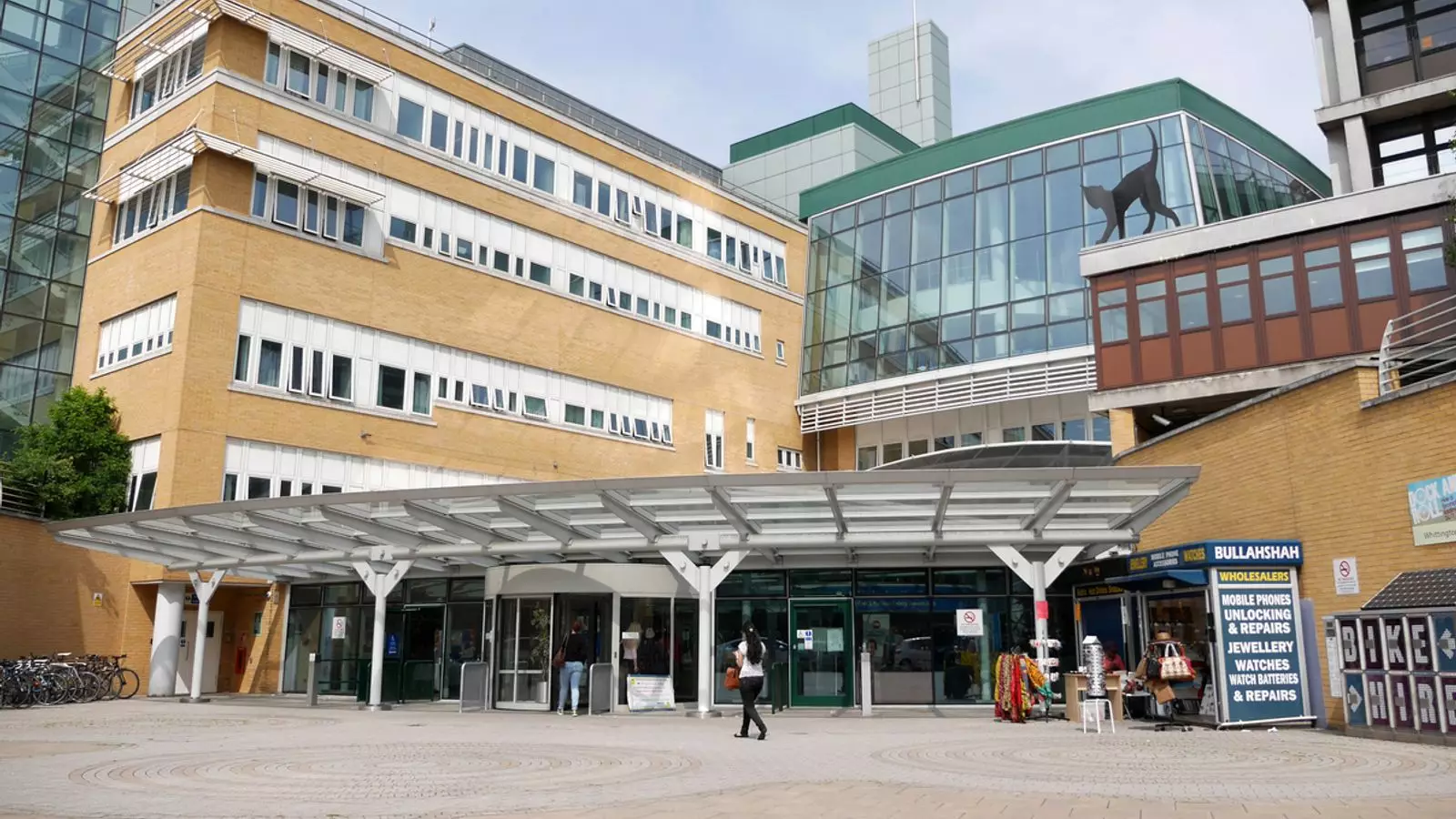The National Health Service (NHS) in the UK is facing an unprecedented winter crisis, with hospitals overwhelmed by a convergence of multiple respiratory illnesses, leading to alarming hospital overcrowding and patient care vastly compromised. The recent job advertisement by Whittington Hospital in North London for a “corridor nurse” showcases the depths of this crisis. This article delves into the implications of corridor care, the underlying pressures facing the NHS, and the urgent need for transformative solutions.
The concept of “corridor care” embodies a grim reality where patients are treated in corridor spaces due to a lack of adequate hospital beds. In the past, such practices might have been seen as anomalies; however, they have increasingly become the norm in many NHS facilities, particularly during a time when flu, COVID-19, norovirus, and respiratory syncytial virus (RSV) are wreaking havoc on health service capabilities. Whittington Hospital’s initiative to recruit nurses specifically for this purpose signals a distressing acceptance of a situation that should never be normalized. As hospitals throughout the country declare critical incidents, it is clear that the entire system is at a breaking point.
Whittington Health NHS Trust, among others, has released statements expressing their frustration with the enormous demands placed on emergency care. They assert that, under extreme circumstances, care must be provided in corridors as an “absolute last resort”. The reality of having to introduce temporary staff to manage such a crisis only illustrates the increasing pressure faced by hospital systems state-wide. The NHS has continually managed to maintain a veneer of high standards; however, with the current surge, many patients are facing subpar care that would ordinarily be unacceptable.
Health Secretary Wes Streeting’s comments further highlight the underlying issues plaguing emergency healthcare. His observations and experiences within the ER, coupled with the emotional response to seeing vulnerable patients in distress on what he termed a “good day,” underscores the dire situation. The images painted suggest a deterioration of care standards and systemic failings rather than isolated incidents.
Dr. Adrian Boyle from the Royal College of Emergency Medicine articulated the sentiments shared by many in the healthcare field. He labeled corridor care as “degrading, dehumanizing, and dangerous.” This perspective is crucial as it reveals the potential physical and psychological repercussions for patients subjected to such treatment environments. Hospitals are meant to be sanctuaries for healing, but when patients find themselves relegated to the hallways, it can lead to increased anxiety, confusion, and even poor health outcomes.
Moreover, this practice doesn’t just affect patients; it extends to the staff members as well. The heightened pressures contribute to burnout among healthcare workers, leading to a vicious cycle whereby the quality of care continues to decline. The morale of nurses and doctors, challenged under severe duress, must be addressed if we wish to provide effective care.
The normalization of corridor care — as witnessed through various advertisements calling for “corridor nurses” — should compel both the public and policymakers to rally for significant reforms in the NHS. Continuous discussions must emphasize the urgent need for resources, staffing, and infrastructural support to alleviate pressure on the emergency care system. Government investments and strategies to hire and train more healthcare professionals could form part of a long-term solution, allowing hospitals to regain proper functionality and prioritize patient-centric care.
As the NHS grapples with these seasonal challenges, vigilance and oversight from health authorities will be paramount. Corridor care cannot become an accepted standard; rather, it must serve as a stark warning of what is at stake should the system remain under-resourced and under-appreciated.
The crisis associated with corridor care shines a glaring spotlight on the need for fundamental changes within the NHS framework. Only through collective action, allocation of resources, and sustained advocacy can we hope to instigate the transformation necessary to restore respect and dignity to patient care in the United Kingdom.


Leave a Reply